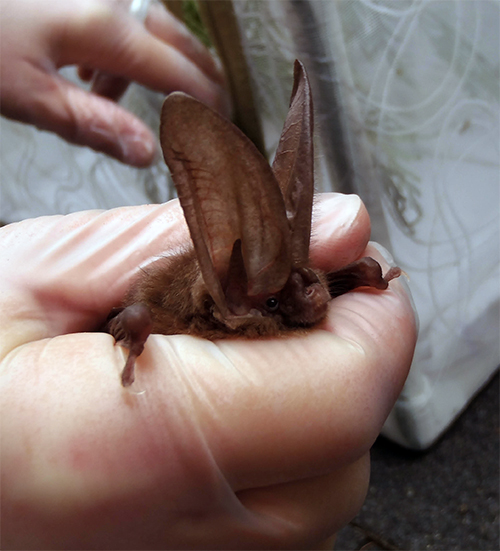
Bats have developed a poor reputation as being the main transmitters of rabies in BC. This is one of the main reasons that people fear them, says a statement from the Kootenay Community Bat Project. What you may not know is that having an occupied bat house in your yard poses very low risk to human health, and statistically is safer than owning a dog.
Bats are an integral part of a healthy environment, providing natural insect control and an opportunity to learn about wildlife in our backyards, the statement said.
Knowing the facts about bats and rabies can help remove fear of bats and promote bat conservation. In populations of wild bats in western Canada, less than 1% of bats test positive for rabies. Also, there are two forms of rabies – ‘dumb’ and ‘aggressive.’ The ‘dumb’ form is where the animal crawls into a corner and dies, and this is the most common form in bats.
It said that contracting rabies from a bat is extremely rare, but rabies is a serious illness that may be fatal if not treated in time. Since 1970, five people have died from rabies in Canada; four of these deaths followed exposure to bats.
Bats should not be feared, but as with any wild animal, caution should be taken. Simple steps will reduce any chance of exposure to disease:
- Never handle bats with your bare hands;
- Beware of bats that act strangely, such as flying during the day;
- If you are bitten or scratched by a bat, seek medical attention immediately from the public health department or your doctor; and
- Vaccinate household pets.
For more information on bats and human health, please visit www.bcbats.ca or the BC Centre for Disease Control www.bccdc.ca, or call 1-855-9BC-BATS.



